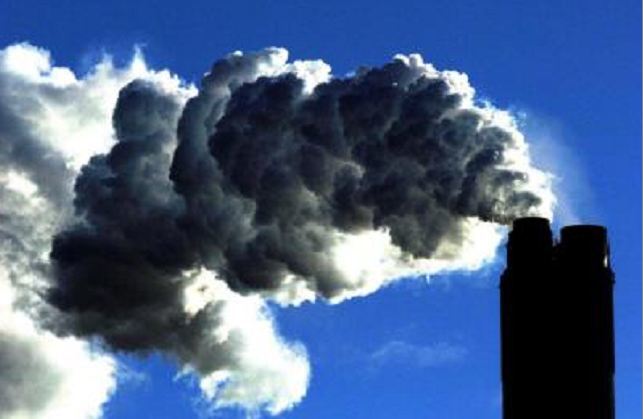
Ministers from countries around the world are set to arrive in Paris for the final week of UN climate talks which have so far produced a draft text and a greater sense of optimism than previous meetings.
Negotiators from 195 countries produced a draft of the climate deal, which aims to curb temperature rises and avoid dangerous climate change, over the weekend, although much needs to be agreed by ministers in the high-level talks that begin on Monday.
But the feeling is that the talks are in a much better place than during the last, failed, attempt to secure a global climate deal, at a United Nations summit in Copenhagen six years ago.
Key issues that need to be thrashed out include a long-term goal for reducing the emissions that cause dangerous climate change by the second half of the century and the provision of finance for poor countries to cope with global warming.
And the issue of a review and ratchet mechanism, which would see countries revisit pledges they have already made to cut their greenhouse gases up to 2030, and potentially improve on them, also needs to be decided.
It is argued such a mechanism is needed as climate action already promised by countries will not be enough to get the world on the path to curbing temperature rises to no more than 2C above pre-industrial levels, beyond which dangerous climate change is predicted.
Concerns over changes to the latest draft of the text have led to the inclusion of a notes section at the end with details that could be inserted, while hundreds of square brackets – denoting areas of disagreement – remain.
But the text is now slightly shorter, and the version that goes before ministers includes “bridging proposals” or potential compromises for areas of the deal.
UK International Development Secretary Justine Greening, attending the talks to announce a new initiative to give millions more people insurance against climate-related disasters in developing countries, said she felt there was a “real will to reach a positive, sensible and ambitious outcome”, though she acknowledged the remaining negotiations would be tough.
Her colleague, Energy and Climate Change Secretary Amber Rudd, will lead negotiations next week for the UK.
Liz Gallagher, from environmental consultants E3G, said: “No doubt there will be drama over the next week or so, but there are landing zones visible.”
She said the ratchet mechanism was “complicated”, but added: “We know that the renewables revolution will proceed faster than we can imagine. We know extreme weather will become worse than we ever imagined.
“That’s why we need to make sure to review our pledges before 2020, and keep from locking ourselves out of ambitious action.”
Tasneem Essop, head of WWF’s delegation to the UN climate talks in Paris, said it would be “quite a sprint” for ministers to secure a strong deal by Friday, when the talks are scheduled to end, and it was up to the French, who as hosts preside over the meeting, to take the talks to the finish line.
“The draft negotiating text, while more clear in terms of options, still reflects most of the divergences amongst countries. This will require immense skill on the part of the French presidency and absolute co-operation between governments to mediate these differences.
“We’re hoping that in the rush to the end, ministers do not trade ambition for expediency, and remain true to the science.”
Recommended for you
